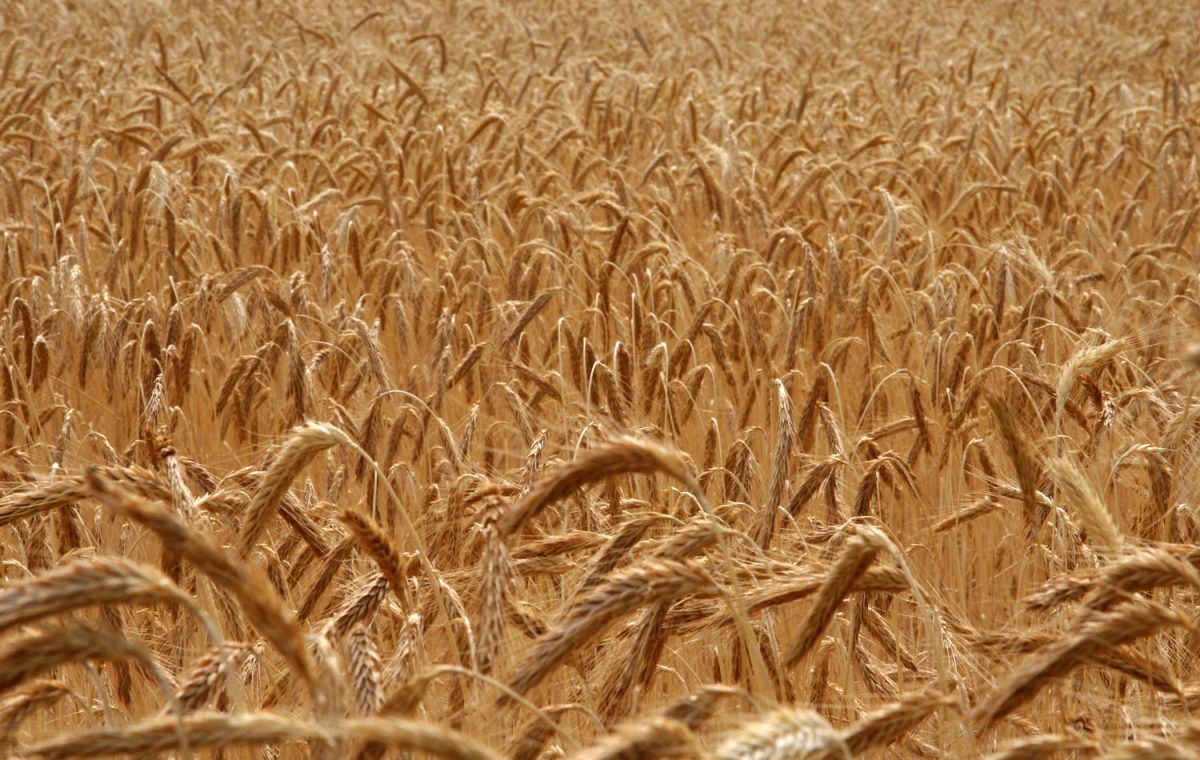A new government-funded project aims to establish if there is a market for artisan pasta, pizza and bread made from durum wheat grown in the Wairarapa.
The Ministry for Primary Industries (MPI) is contributing $100,000 through its Sustainable Food and Fibre Futures fund to a $151,000 project led by the Foundation of Arable Research (FAR) that will evaluate the opportunity for a grower-owned value chain to supply the growing demand for high-end durum wheat flour in New Zealand.
The project builds on the findings of a 2017-2020 project funded by the ministry’s Sustainable Farming Fund, which looked at alternative crops that could be profitable for the Wairarapa as a response to the pea weevil incursion.
That project demonstrated that the warm, dry summers in the Wairarapa and some of the soils are ideal for growing high-quality durum wheat.
“There’s a big buzz about it already,” says Ivan Lawrie, FAR’s general manager business operations.
“We sent samples of milled flour to bakers and pasta makers throughout the country, and everybody is really keen to use local ingredients rather than importing from Australia or Italy. However, the price point for this kind of product is not yet fully understood.”
The project will focus on durum wheat grown in the Wairarapa, and will conduct consumer research and product testing with chefs, bakers, and pasta manufacturers. The results will help to evaluate alternative commercialisation models for marketing the flour to the food sector.
Mr Lawrie says it’s looking promising so far.
“COVID-19 has made people more aware of where their food comes from’ and there’s a push for more New Zealand-grown produce. We’re aiming for a premium product that is fully traceable back to the growers, which of course will cost a bit more than the cheap packets of pasta you buy from the supermarket.”
A 2020 Nielsen survey showed that pasta consumption in New Zealand is on the rise, with fresh pasta consumption growing by 14.8% between 2019 and 2020 and consumption of some premium brands growing more than 20%.
“If this project works out, it could be the pilot plan for a whole lot of other specialty grains in different regions in New Zealand,” says Mr Lawrie. “We hope different regions can create their own branded products with a distinct provenance.”
One third of the various flours used in New Zealand bread comes from the South Island. The rest is imported.
High-end fresh pasta manufacturers currently use imported flour or semolina.
Am attempt to grow durum wheat in South Canterbury two decades ago ultimately failed because of the wetter Canterbury summers.
“FAR has demonstrated we can grow a top-quality product in the Wairarapa – now we need to ensure there’s a market for it,” says Steve Penno, MPI’s director investment programmes.
The ministry hopes a strong business case is made to give the green light to Wairarapa growers to start planting durum wheat.
Source: Ministry for Primary Industries












